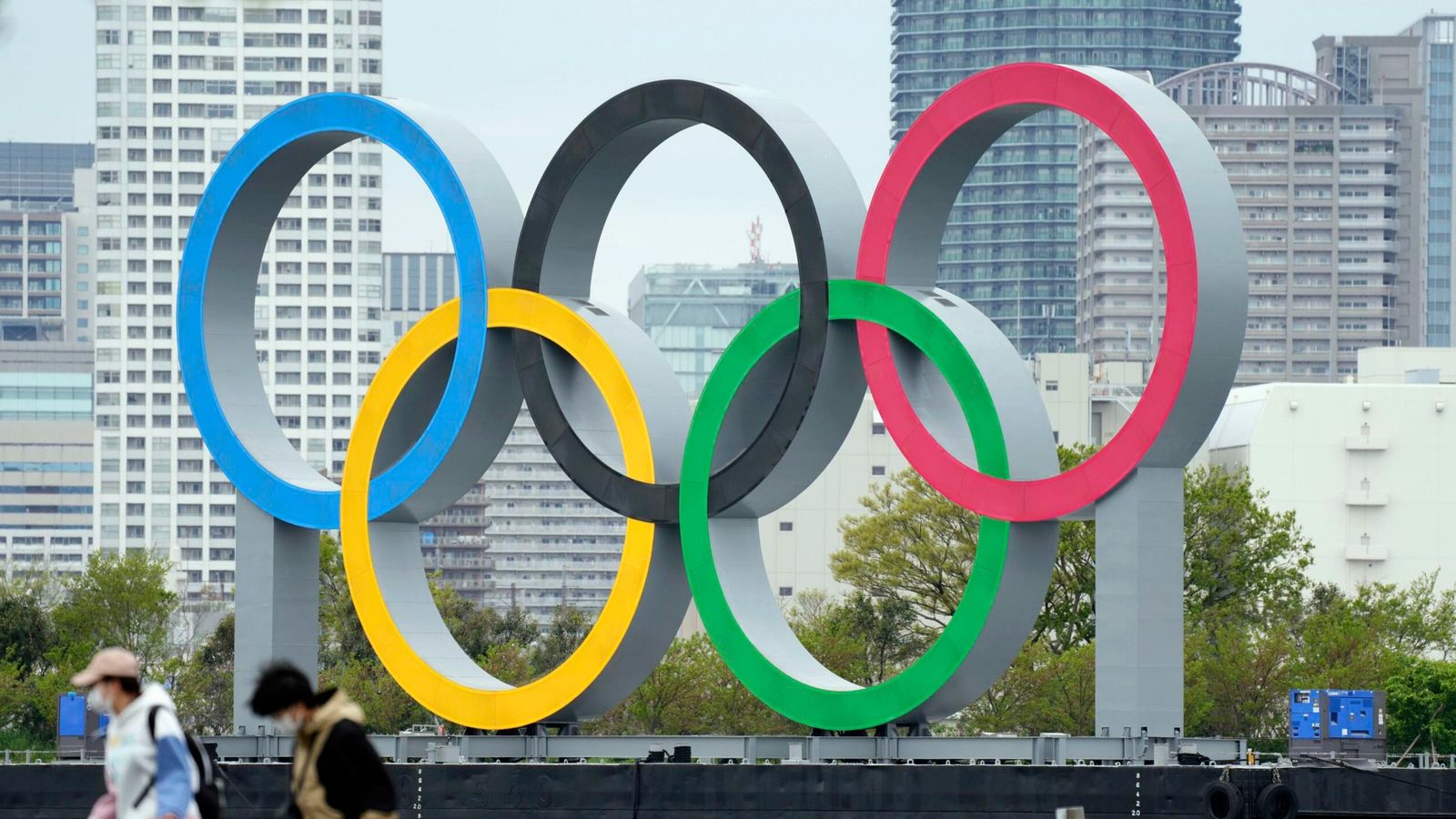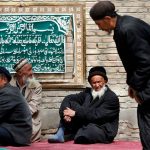Tokyo has declared a third coronavirus state of emergency – just three months ahead of the already-postponed Olympic Games.
It applies to the country’s capital – the games’ venue – and also to the western areas of Osaka, Kyoto and Hyogo.
Prime Minister Yoshihide Suga told the nation the move came in a bid to stop people travelling and spreading the virus during Japan’s “Golden Week” holidays from late April through to the first week of May.
Live COVID updates from UK and around world
But there is considerable scepticism over whether it will be enough to curb a rapid coronavirus resurgence in time for the Olympics.
The announcement comes only a month after a previous state of emergency ended in the Tokyo area.
Health experts and local leaders have repeatedly said ongoing “semi-emergency” measures were failing and tougher steps were urgently needed.
The measures this time are to include shutdown orders for bars, shops, malls, theme parks, theatres and museums.
Please use Chrome browser for a more accessible video player
Restaurants that do not serve alcohol and public transportation services are asked to close early but schools will stay open.
Universities will return to online classes.
Mask-wearing, staying home and other rules for the general public remain non-mandatory requests, with experts concerned about adherence to the measures.
Japan, which has had about half a million cases and 10,000 deaths, has not enforced lockdowns.
But people are becoming impatient and less cooperative and have largely ignored the ongoing measures as infections accelerated.
Osaka, the epicentre of the latest resurgence, has been under semi-emergency status since 5 April.
Its governor Hirofumi Yoshimura said the semi-emergency measures were not working and hospitals were overflowing with patients.
Subscribe to the Daily podcast on Apple Podcasts, Google Podcasts, Spotify, Spreaker
“Medical services are also in a dire state… we need stronger measures such as those that would stop the movement of people,” he said.
The virus surge has been fuelled by the more contagious coronavirus variant first detected in the UK, which has spread rapidly across the country.
There has also been criticism that the government has been slow in rolling out vaccinations, leaving the population largely unprotected before the Olympics are due to begin on 23 July and the Paralympics on 24 August.
Japan’s inoculation campaign lags behind many countries, with imported vaccines in short supply, while its attempts to develop its own vaccines are still in the early stages.
Inoculations started in mid-February but progress has been slow amid shortages of vaccines and healthcare workers.






















